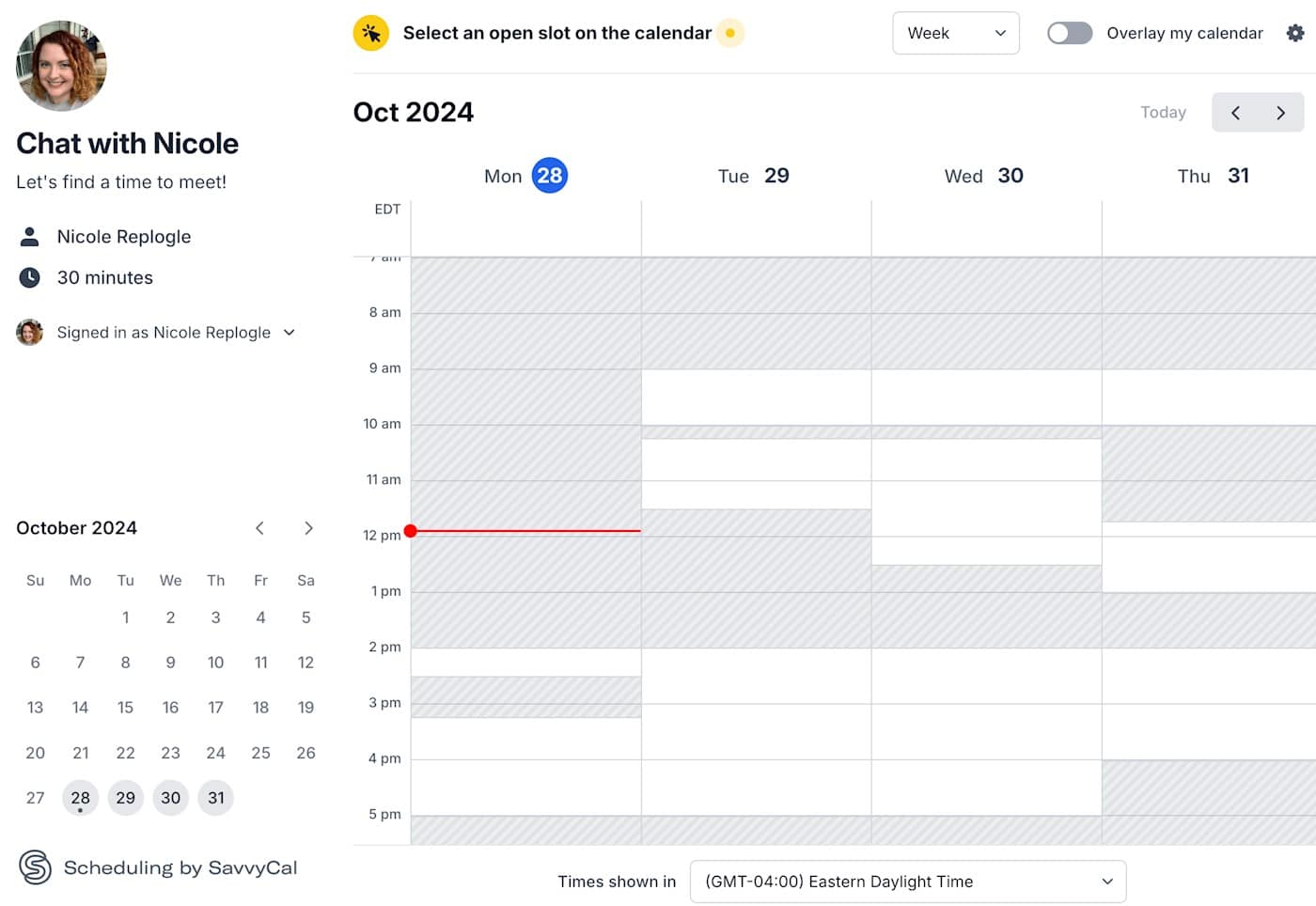Family Law Consultation: What to Expect from Your Attorney
Navigating family law matters can be emotionally taxing and complex, whether you are dealing with divorce, child custody, or domestic violence issues. A family law consultation is a pivotal first step in seeking legal assistance, providing you with the opportunity to discuss your situation, understand your rights, and strategize your next steps. Here’s what you can expect during a family law consultation with your attorney:
1. Initial Assessment of Your Case
Discussion of Your Legal Issues:
- Your attorney will begin the consultation by asking you to explain your legal concerns. Be prepared to discuss the specifics of your case, including any relevant documents or evidence you may have (e.g., marriage certificates, custody agreements, or notices of legal action).

Understanding Your Goals:
- The attorney will seek to understand your goals and expectations from the legal process. This might include desired outcomes, such as the terms of a divorce settlement, custody arrangements, or responses to domestic violence.
2. Providing Information and Legal Advice
Legal Rights and Options:
- Your attorney will explain your legal rights and the different avenues available based on your situation. They will provide information about relevant laws, such as the Civil Code and the Law on Marriage and Family in Vietnam.
Potential Outcomes:
- While it is impossible to predict the exact outcome of any family law case, your attorney should provide an overview of potential results based on their experience with similar cases. This will help you set realistic expectations.

3. Strategic Planning
Developing a Game Plan:
- The attorney will work with you to develop a strategy tailored to your circumstances. This includes discussing immediate next steps, such as filing a petition or application, gathering evidence, and any timelines you should be aware of.
Alternative Dispute Resolution:
- The attorney may discuss alternative options, such as mediation or negotiation, which can often lead to quicker and less contentious resolutions than going to court. They will explain how these processes work and their benefits.

4. Understanding Fees and Payment Structures
Cost Transparency:
- Your attorney should explain their fee structure during the consultation, including hourly rates, flat fees, or retainer arrangements. Be sure to ask about any additional costs you might incur (e.g., filing fees, court costs).
Discussing Financial Arrangements:
- If you have concerns about affordability, discuss your situation openly. Many attorneys offer flexible payment plans or may provide a sliding scale based on your financial situation.

5. Q&A Session
Opportunity to Ask Questions:
- Take advantage of the consultation to ask any questions you may have about the legal process, the attorney’s experience, or your specific case. This dialogue is essential for building a solid foundation of trust and understanding.

Clarifying Legal Terms:
- If the attorney uses terms or concepts that are unfamiliar to you, do not hesitate to ask for clarification. A good attorney will explain legal jargon in understandable terms.
6. Next Steps and Follow-Up
Action Items:
- At the end of the consultation, your attorney should outline the next steps you need to take. This might involve collecting specific documentation, following up on legal notices, or scheduling additional appointments.
Scheduling Future Meetings:
- If you decide to retain the attorney, be prepared to discuss scheduling future meetings and what you can expect during the ongoing legal process.

7. Choosing the Right Attorney
Feeling Comfortable:
- After the consultation, reflect on whether you felt comfortable with the attorney and whether you believe they will advocate for your interests effectively. Trust and communication are essential in a successful attorney-client relationship.
Reviewing Notes:
- Take the time to review any notes from the consultation. Consider the advice given and whether it aligns with your expectations and comfort level in working with the attorney.

Conclusion
A family law consultation is an important opportunity for you to gain clarity and direction regarding your legal issues. By understanding what to expect during your meeting with an attorney, you can make the most of your time and ensure you leave with a better understanding of your rights, options, and the next steps in the legal process. Whether you are facing divorce, child custody issues, or other family law matters, a knowledgeable and compassionate attorney can be an invaluable resource as you navigate these challenging situations.
